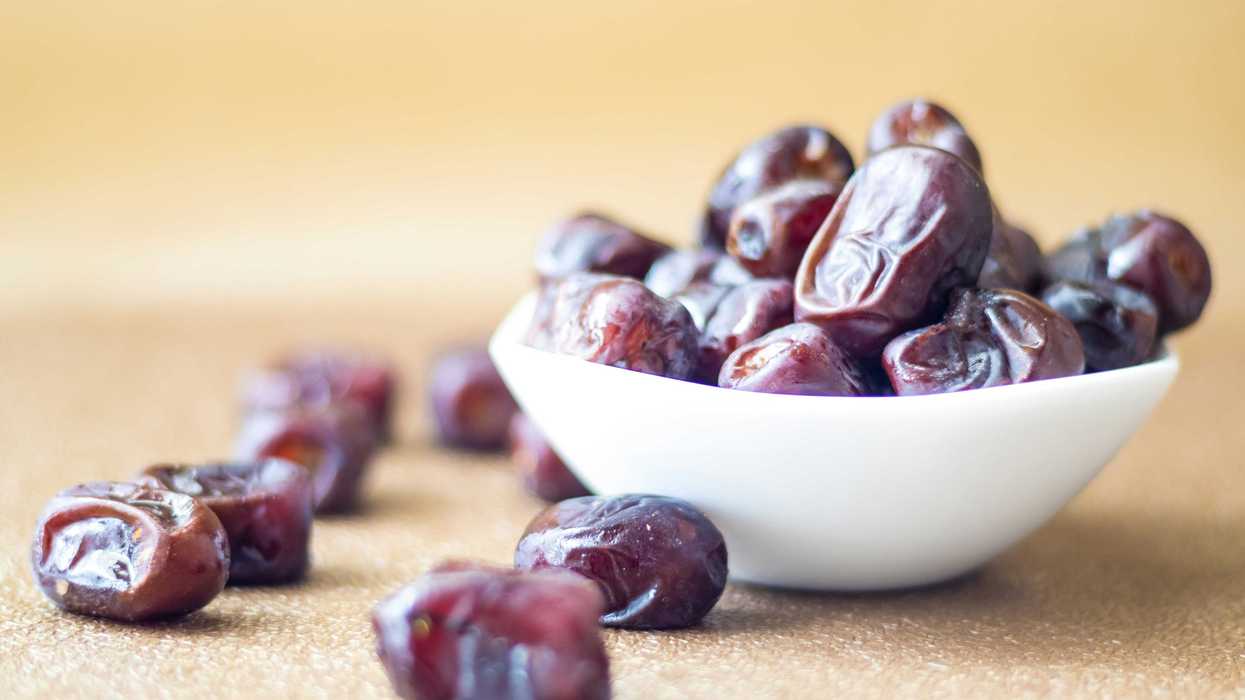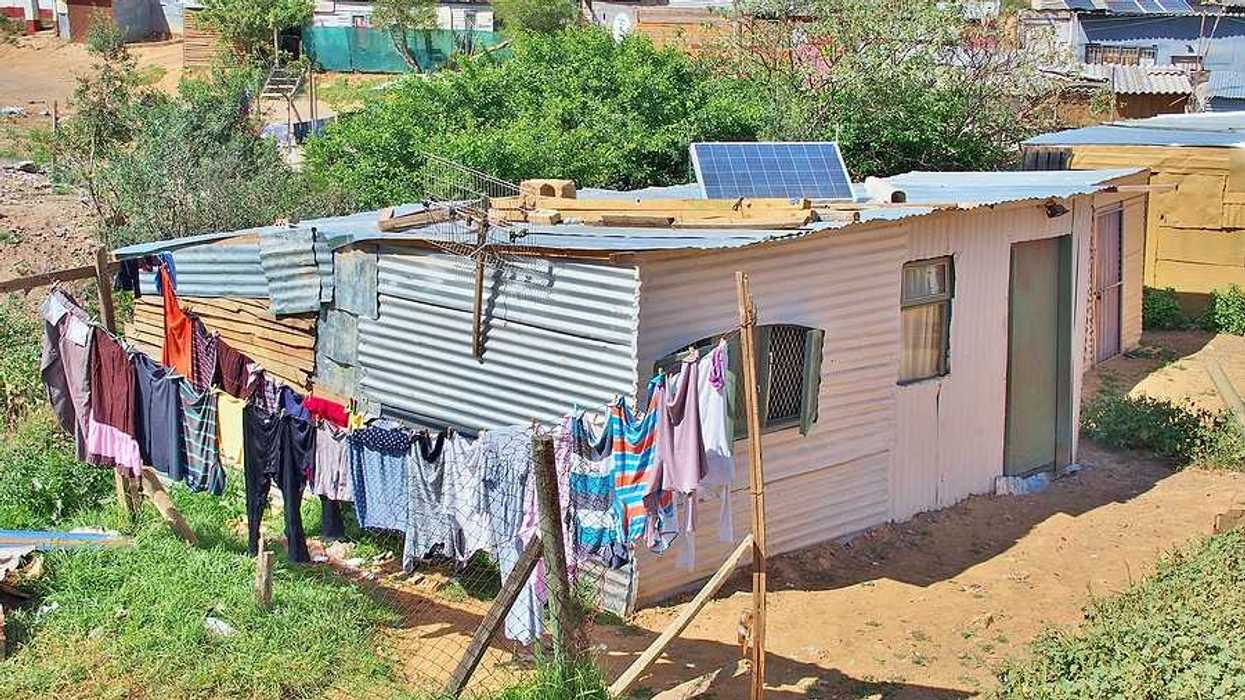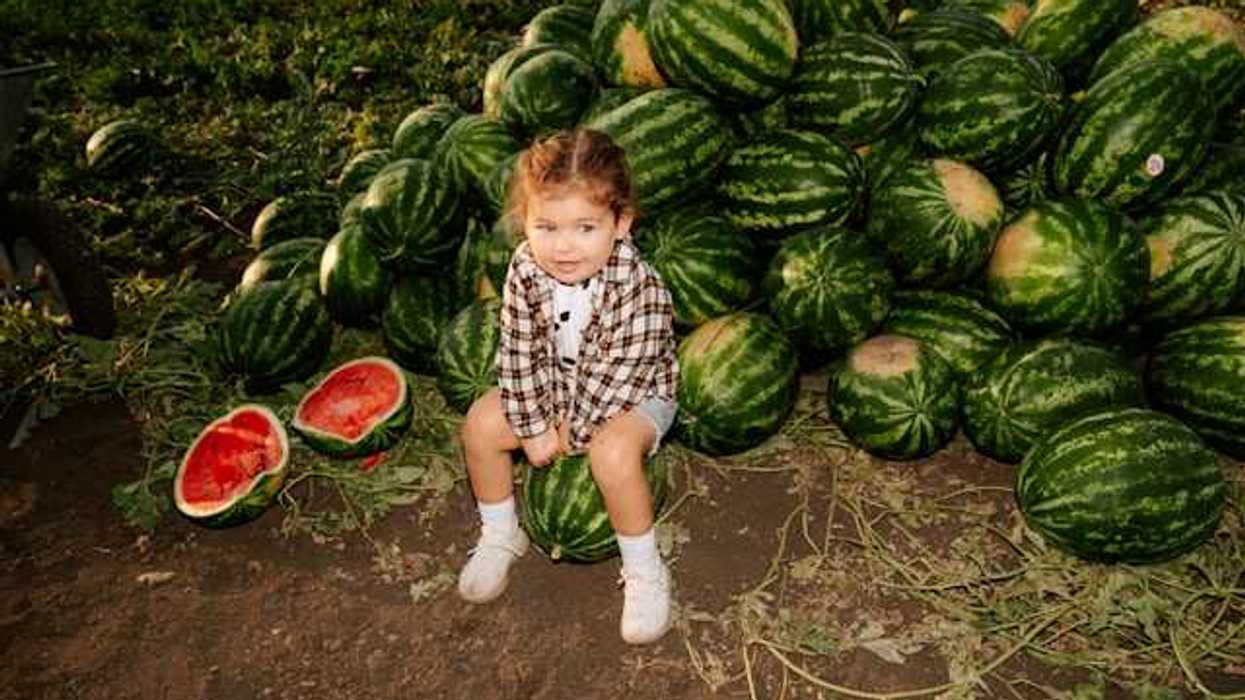Nanotechnology's foray into agriculture with nano-enabled pesticides promises enhanced crop protection with minimal environmental impact, but raises significant environmental and health concerns.
Martina G. Vijver and Tom Nederstigt write for The Conversation.
In short:
- Nano-enabled pesticides could potentially reduce the volume of pesticides needed, thereby lessening environmental contamination.
- However, these pesticides might be more harmful to non-target organisms, including aquatic life and pollinators, due to their increased uptake and extended durability.
- The unpredictable behavior of nanomaterials in the environment complicates their monitoring, posing a challenge for ensuring food and environmental safety.
Key quote:
Many of the properties that improve the performance of nano-enabled pesticides in pest control may equally exacerbate their impacts on organisms other than the pests being targeted.
— Martina G. Vijver and Tom Nederstigt, environmental scientists
Why this matters:
The shift toward nano-enabled pesticides in agriculture presents a precarious balancing act between striving for sustainability and safeguarding against unforeseen environmental and health risks. The authors argue for rigorous regulatory scrutiny to navigate the complex implications of integrating nanotechnology into essential sectors like agriculture. Meanwhile, industry continues to downplay the harm from pesticides and evade reform.














